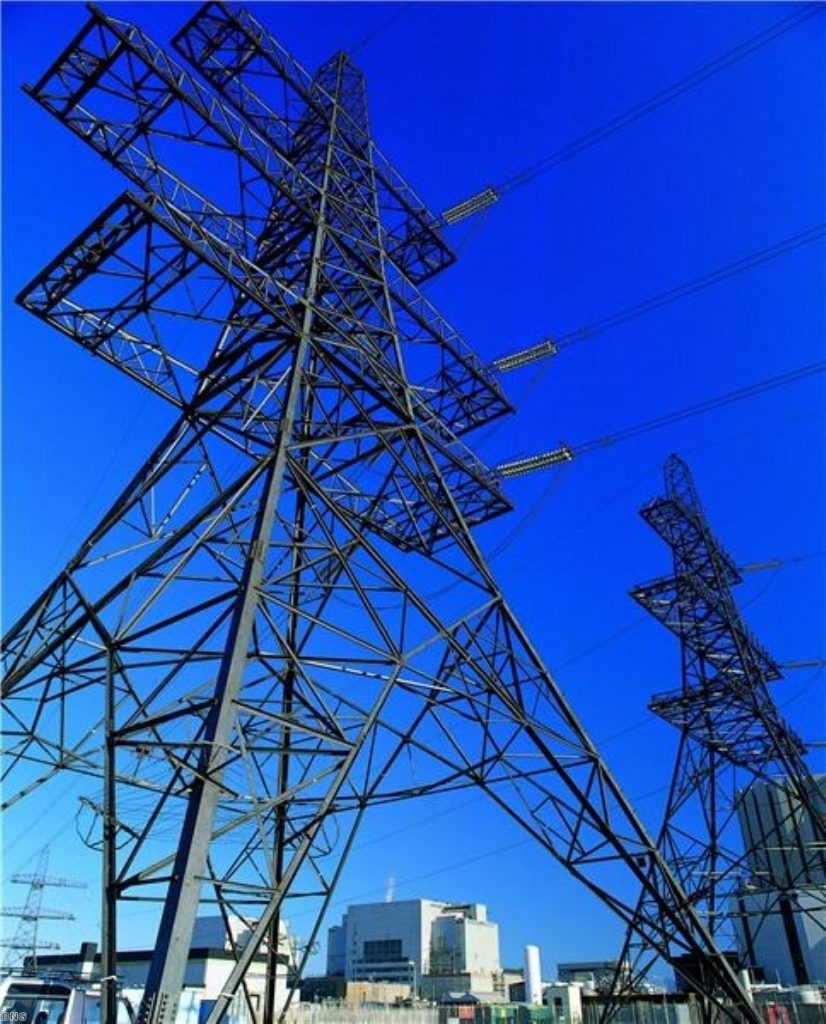Nuclear power ‘will not be taxpayer funded’
The new energy minister has today reiterated his support for building more nuclear power stations, but insisted it would not be done with taxpayers’ money.
In an exclusive article for politics.co.uk, Lord Truscott says that nuclear power could be part of Britain’s future energy mix, alongside energy efficiency and investment in renewables, but says funding must come from the private sector.
“Any new nuclear power stations would be proposed, developed, constructed and operated by the private sector, which would meet full decommissioning and their full share of long-term waste management costs,” he wrote.
The government has just finished consulting on a policy framework to establish how private businesses can be encouraged to invest in new nuclear power stations, and detailed plans are expected to be announced in a white paper next spring.


However, Liberal Democrat environment spokesman Chris Huhne argues in a separate article for politics.co.uk that investors have failed to take up this challenge in the 20 years since Chernobyl “without lashings of government subsidy” and are unlikely to start now.
“Even the Finnish reactor – much touted by the prime minister – has a guaranteed price for its output and a taxpayer commitment to deal with all waste after 60 years and with any overrun costs of decommissioning,” he argues.
Conservative MP Peter Luff, the chairman of the trade and industry select committee, also warns in today’s Nuclear future? feature that the government must do more to convince the private sector to invest.
“The nuclear industry will build new power stations without state subsidies only if the right long-term framework is put in place – some form of stable long-term carbon pricing is essential before new nuclear build could be funded,” he writes.
He noted that he was personally “unconvinced” at one option put forward by the government to deliver such a framework, the extension of the European emissions trading scheme (ETS), where firms are given a quota of greenhouse gases they can emit.
The committee concluded in a report this summer that ministers should not preempt any decisions on Britain’s future energy mix but wait to see how the market responds to the initiatives it puts forward, and this is also the view held by the Conservatives.
In his article for politics.co.uk, shadow trade and industry secretary Alan Duncan argues: “The government’s energy review hasn’t laid out a programme for action for nuclear power or any other investment in generation.”
Whereas Lord Truscott promised nuclear “could make a significant contribution” to Britain’s future energy mix, the Tories argue this is not a decision for government.
“We want to encourage the development of renewable energy and the development of more carbon efficient generating technology such as combined heat and power, but if renewable and decentralised energy sources cannot fill the energy gap, our framework will not prevent companies investing in new nuclear build,” Mr Duncan writes.
To read the full articles visit Nuclear Future?












